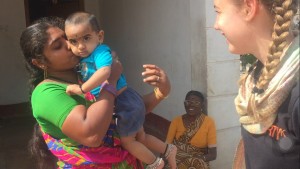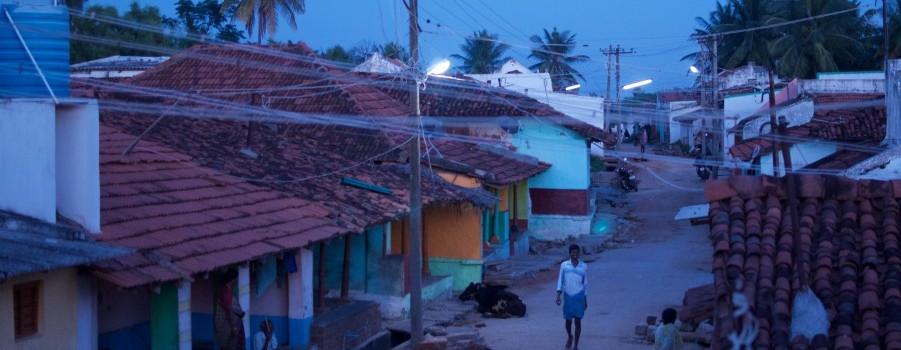Third world countries: before you travel to one, you’re full of assumptions, speculations and you’ve probably thought of questions about their lives that are borderline offensive rather than just curious. It’s refreshing to be disproven multiple times. As cliché as it sounds, travelling to poorer nations has taught me about perspective and to take each situation and person as their own, rather than collectively making assumptions simply because an environment is different to your own.
India: It is chaotic, beautiful, fast paced, dirty, and is everything you can imagine to make up one incredible country.
In the back blocks of a rural village, south of Bangalore, I took part in a media project for a social business internship. From getting on my flight at Sydney airport, to planning my next visit ASAP, I can confidently say India is definitely a country you need to travel to.

The hospitality the villagers possessed was unlimited and many of them had a truly welcoming character. The language barriers were definitely there, a half hour visit for chai was not filled with verbal communication, rather many hand and body gestures, with more than likely a head wobble indicating a mutual understanding that you don’t in fact understand each other at all. But it prompted you to search for more conversation.
Can you think of a better way to connect people from different sides of the world than through the doors of homes as colourful as the saris? These were places usually deemed private, yet here we were, waved off the street, sat down on a pillow or someone’s bed in the living room and offered a new spice, a game to play, photo albums to view. No matter how many conversations were not understood, it was never silent.
There were at times many struggles: finding a rickshaw driver who, firstly, knew where they were going, and secondly, who wouldn’t charge you a ridiculous amount because you were white. Not to mention the occasional dodging of traffic, remembering to brush your teeth with bottled water and always taking napkins from restaurants because most toilets did not have toilet paper!
Living for over thirty days in a tiny house with a spider in our wash room, a squat toilet, a lounge room congested with bunk beds, no electricity for 12 hours of the day, and running water that turned on every Tuesday and Thursday, I came to adore my surroundings.
I never thought I’d meet people with a freedom of choice for education and career paths. I expected to write a piece that covered the sad realities I’d heard so much about. This is not to take away from those who unfortunately do not have the support and freedom available to them, and are constantly struggling through all phases in life. However, the biggest lesson I learnt, is that every case is different, each to their own, something I didn’t predict would be true.
What we have here, when we look at Australia and India are two different places on earth defined as extreme opposites by humanitarian standards. However, with this we need to remember that amongst the piles of rubbish on foot paths, incomplete infrastructure, and stray cows, India may be short of a “developed nation” title, but the abundance of developing minds, opportunities to challenge yourself as a traveller, and immersing yourself in an extravagantly diverse culture is increasingly encouraging.


